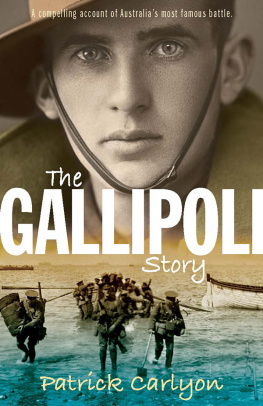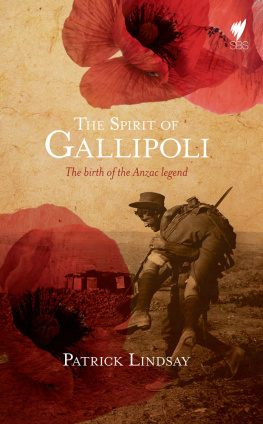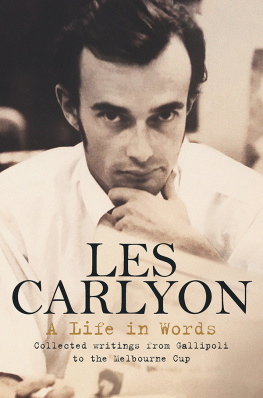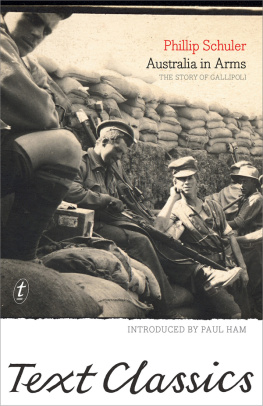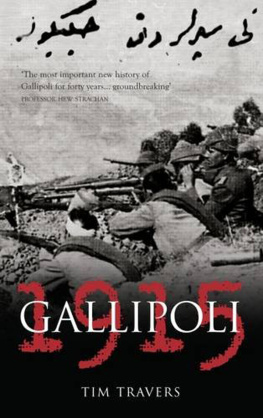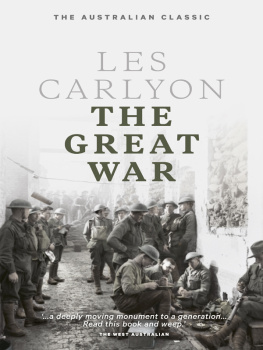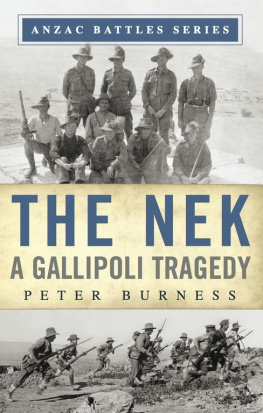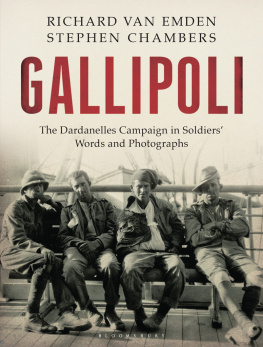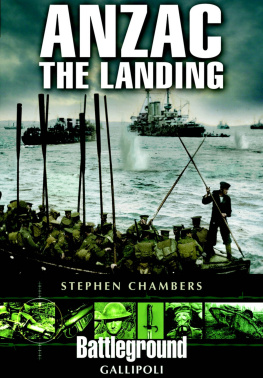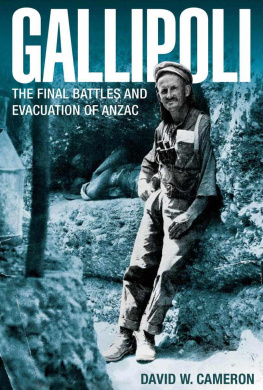
Oliver Cumberland writes to his sister.
Cairo
31-5-15
Dear Una,
I suppose you received my last letter in which I told you I was slightly wounded. I am quite well now and expect to go back to the front any time, but Una, prepare yourself to hear the worst if you have not already heard it poor Joe is gone he died of wounds in Alexandria hospital on the fifth of May. I did not know until yesterday, I went to headquarters offices in Cairo and saw the list of killed and wounded. I had been very anxious wondering where he was, and when I saw the list I did not know what to do. I wandered about the streets nearly mad, I felt so lonely. I am letting you know at once because I think it is always best to know the truth, however sad. He died for his Country Una, I know how you will feel sister God help you all to bear it.
If I can get away for a couple of hours when I pass through Alexandria, on my way back to the front, I will visit the hospital where he died and see if he left any message.
I received a bunch of letters from home yesterday and two postcards from Doris. I suppose you will have seen the list of killed and wounded in the papers before you get this.
I think the worst of the fighting in Turkey is over now, it could not be any worse than it was the first few days.
Well dear sister there is no more to say so I will conclude, with best love to all
Your affectionate Brother
Oliver
My address is still the same.
Colonel William Malone, writing from Anzac to his two young sons, 9 May 1915: it must have taken some effort to find something cheerful to write about.
I see lots of strange things here, big ships and little ones, aeroplanes and all sorts of guns and things. Soldiers and sailors. The other day a tortoise called on me. There were two or three of them living in a bank close to where I slept. I lived on the bank too. There were lots of frogs. I didnt see them, but they made such funny croaking not like our frogs. Something like birds with a bad cold.
A letter from Private John Simpson:
28.2.15
Dear Mother,
Just a line to let you know that we are leaving Egypt today. I dont know where we are bound for but hope that it will be England or France. Now Mother you will have to excuse short note as we are all in a hustle and bustle to get the transports waggons [sic] packed and leave this afternoon. So with love to you and Annie
I remain
Your loving son
Jack
A letter home from Private James Grieve.
Firing Line
Aug 27th 1915
Dear Mum and Dad,
Just a few lines to let you know that I am still alive and doing fairly well under the circumstances. After leaving Heliopolis where I wrote the last letter from, we went to Alexandria in the train, and there we boarded the boat. We didnt see much of Alexandria as we got right off the train and on to the boat. We left Alexandria on the 16th of August onthe Alunia and had a very good trip as far as the island of Lemnos. It took us two days to come from Alexandria to Lemnos, and it was a beautiful trip, and I think I would have enjoyed it only that I had a bad attack of toothache and I had to have it pulled out and the Dr. nearly pulled my head off. We stayed at Lemnos for a day, but we didnt get off the boat. We were transhipped off the Alunia on to a smaller boat the Partridge and we left Lemnos at about 6 oclock on Thursday afternoon on the 19th and arrived at the Dardanelles at about midnight the same night. It took us till nearly daylight to unload our Battalion and all our gear and ammunition, and it was the hardest bit of work I have done since I joined the army. After landing we went up into a bit of a gully where it was a bit safe, and although bullets and shells were whizzing over our heads I had a good sleep. That night Friday we moved to another quarter and made ourselves comfortable in a dug out and camped there till Sunday morning. At two oclock on Sunday morning we were all roused out of bed and told that we had to make a charge. We had to march over a mile to the place and not knowing the country it took us longer than it should have, and we didnt get into the charge till daylight and the result was that a good number of our boys were bowled right out and also a good number wounded. We lost both our captains, one was wounded and the other killed, also one Lieutenant was killed out of our company. It was awful to hear the moans and groans of the wounded and dying. One poor chap lying a few feet away from me was wounded in the knee. I bandaged it up for him as well as possible and he started to crawl back but I heard after that he was shot dead while crawling back poor fellow. There were bullets and machine guns whizzing all around, also shrapnel which is worst of all. It fell all around me and several chaps fell around me and yet I escaped. It was marvellous how I came out without a scratch, but I expect it was my luck. After the charge, I got into a trench which about 60 of our Batt. were in and there we had to stop for about 35 hours and keep the Turks at bay. In that trench things were awful. Our own dead, and also dead Turks lying all around and the smell was awful but that was not the worst. We were in such a cramped position and it was almost impossible to get water and I never felt the want of water as much in my life before. I would have given all I possessed in this world to have had a real good drink of water. But we hung out and it was a great relief to get out of it. I never wish to have the same experience again. Since coming out of the trench we have only been sapping and digging trenches and although we are always in a more or less dangerous position it isnt too bad. Well Mum and all at home I hope this little note finds you all well and that you will not think I am forgetful for not writing sooner but I can assure you this is the first opportunity I have had since I landed here and I will write at every available opportunity. Remember me to all at Kellyville and tell Ag to give my best love to all the girls down at the Palace, also to Mary F. I will now close with love to all at home from your ever loving son James.
Jim.
A. Sparrow sends his best love to Sis. Also does M. T. C. Butler.
xxxxxxxxxxxxxxx
The Victoria Cross is the highest award for bravery in the British armed forces. The medal was instituted by Queen Victoria in 1856. Thirty-nine Victoria Crosses were won during the Gallipoli campaign, nine to Australians.
The Victoria Cross is made of bronze, which was cast from the metal of guns captured from the Russians during the Crimean War.
Australian recipients of the VC at Gallipoli are:
Lance Corporal Albert Jacka (14th Battalion), at Courtneys Post, 1920 May 1915
Lance Corporal Leonard Keysor (1st Battalion) at Lone Pine, 78 August 1915
Lieutenant William Symons (7th Battalion) at Lone Pine, 89 August 1915
Corporal Alexander Burton (7th Battalion) at Lone Pine, 9 August 1915
Corporal William Dunstan (7th Battalion) at Lone Pine, 9 August 1915
Private John Hamilton (3rd Battalion) at Lone Pine, 9 August 1915
Captain Alfred Shout (1st Battalion) at Lone Pine, 9 August 1915
Lieutenant Frederick Tubb (7th Battalion) at Lone Pine, 9 August 1915
Lieutenant Hugo Throssell (10th Light Horse Regiment) at Hill 60, 2930 August 1915
There has been so much documented on Gallipoli that one could spend many years researching a book on the campaign. Half the battle, when tackling the subject and working to a deadline is to figure out whats important and whats not. Many people deserve thanks for steering me in the right direction.
Next page
